Fraud And Controls in the Business – Different Types of Frauds and How to Prevent Them in ACCA FBT
Introduction – Fraud And Control
“Fraud and controls” chapter is an important part of F1 ACCA Business Technology and is highly tested in FBT ACCA exam .Before we explore more on this course, let’s first understand what is fraud?
Fundamentals of Fraud And Control
Fraud is actually an act done intentionally to harm someone or mislead other party in order to cause a loss for them but if an act is done unintentionally by someone so that is actually known as misrepresentation, however controls can minimize the risk of fraud but eventually it cannot eliminate the fraud and errors. The example of fraud can be that if a person actually have a knowledge of reality and still he gives false statement that means he is is committing a fraud
Different Types of Frauds
With increasing number of opportunities in businesses and organizations, there are definitely of chances of frauds being increased and these days modern business environment with huge manpower and other financial resources are prone to these risk, one of them are corporate fraud and their misrepresentation, sometimes the legal system which exist today are even unable to detects and prevent these fraud which are being done the corporate world ,hence some of them are listed below –
Off Balance Sheet Transactions:
This transaction is also regarded as intentional misrepresentation in the financial statement. In this fraud, organizations actually keep its assets and liabilities out of the balance sheet so it can be shown that the performance actually appears to be good enough, but reality is different.
Window Dressing:
This fraud is done by actually intentionally manipulating the accounts in order to present results in desired manner, but it will be reversed out soon, this fraud is actually done by taking wrong written off for sales and expenses.
Pay Roll Fraud:
This fraud is actually mostly done by the employees where they actually fake their working hours or plot with the payroll department for bogus employees’ scheme, fake advances to employees.
Ponzi Scheme :
This is the fraud in which organizations payback their returns to their investors through investment of other investor. This is the way to gain the confidence of the investors, hence these funds are used inappropriately or stolen.
Skimming:
In this fraud, funds of organization are stolen by misappropriating small transactions between large transactions , basically assets getting stolen eventually reducing the profit of the business and also reputation of an organization is getting damaged.
Vendor Fraud:
This fraud take place when employees of the business conspire with the vendors to allow overbilling for getting an extra profit under the false billing scheme.
Data Theft:
Data is very important for every business or organizations and it is the biggest asset. The data of your credit and debit card number or any other intellectual data getting sold to a competitor is also a fraud and that is called data theft
How To Control Or Prevent Fraud?
A fraud response plan specifically deals with investigating and also dealing with all the consequences of the identified frauds. This involves taking steps as early as possible to secure the security of records that will be investigated, here are some ways listed below to control frauds and prevent them.
Fraud chapter is being taught at Mirchawala’s Hub of Accountancy by the expert faculty – Sir Owais Mirchawala
- Surprise Audits: A surprise audits taken by business or company can help them to identify their weaknesses in their internal controls and also ensure compliance with regulations, however it will also ensure that their employees are following the policies that have being put in by the business, this will also gives no times to hide, destroy or modify evidence of the fraud.
- Segregation of duties: In this a single person should not be in charge of approving executing transactions which are actually having a impact financially,hence involving multiple people for a series of transactions with segregation of duties and warns any one person from actually taking control and making him aware about his actions
- Telling The Consequences Of Doing Fraud Publicly: Spreading awareness of the consequences that could faced by the employees which also includes senior managers if they do any fraud, hence this give them a fear of performing such unethical acts.
- CCTV Camera: A organizations should install as many cameras as possibles where their employees are working and their should be a team to monitor them hence reducing the risk of frauds being done.
- Employees Background Check: A company should hire the employees who are having a good background and keep having one on one meeting with them and try to identify venerable area one may tend to commit a fraud
People Responsible For Minimizing Fraud?
Main responsibility actually lies on the directors of the company as share holders have given them the responsibility to look after the company
However External Auditors are also equally responsible to actually minimize frauds which relates to financial statement, but the ultimate duty is in the hand Board of Directors ,hence these people should be very much active so they minimize the frauds.
- Money Laundering: Money laundering is also very big fraud which is usually done in the company or organizations. It is basically an activity done an intention to hide the real source of income and manipulating it so that tax can be saved. Money laundering is actually done in 3 ways which are listed below.
- Placement: In this step, illegal amount is being placed that is actually invested in legal activity.
- Layering: In this step the illegal amount is actually passed through several transactions so that the real source can get hidden.
- Integration: In this third and final step , the illegal amount is mixed with the legal fraud so it cannot be identified by anyone
So now we know about money laundering, lets see that how it can be minimized , hence training should be mandatory for employees, moreover there should be increase maintenance requirement and even more appointing a money laundering reporting officer ,hence this will help in minimizing the money laundering.
“In the majority of organisations, the general attitude towards fraud is reactive and detective rather than proactive and preventive”- ACCA global
Conclusion- Fraud And Controls
So now in the end of the blog , we all know about the frauds which are usually done in the organizations and company , we also know about how the fraud can be prevented and controlled , we will be able to analyse about money laundering and some ways to prevent it. Hopefully you all will get enough help from this blog and you find it interesting. Contact us if you want to know more about the topic and have any doubts regarding our courses.
Written by Zohaib Rizwan -An inspired ACCA student at Mirchawala Hub Of Accountancy
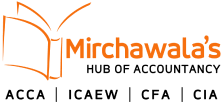
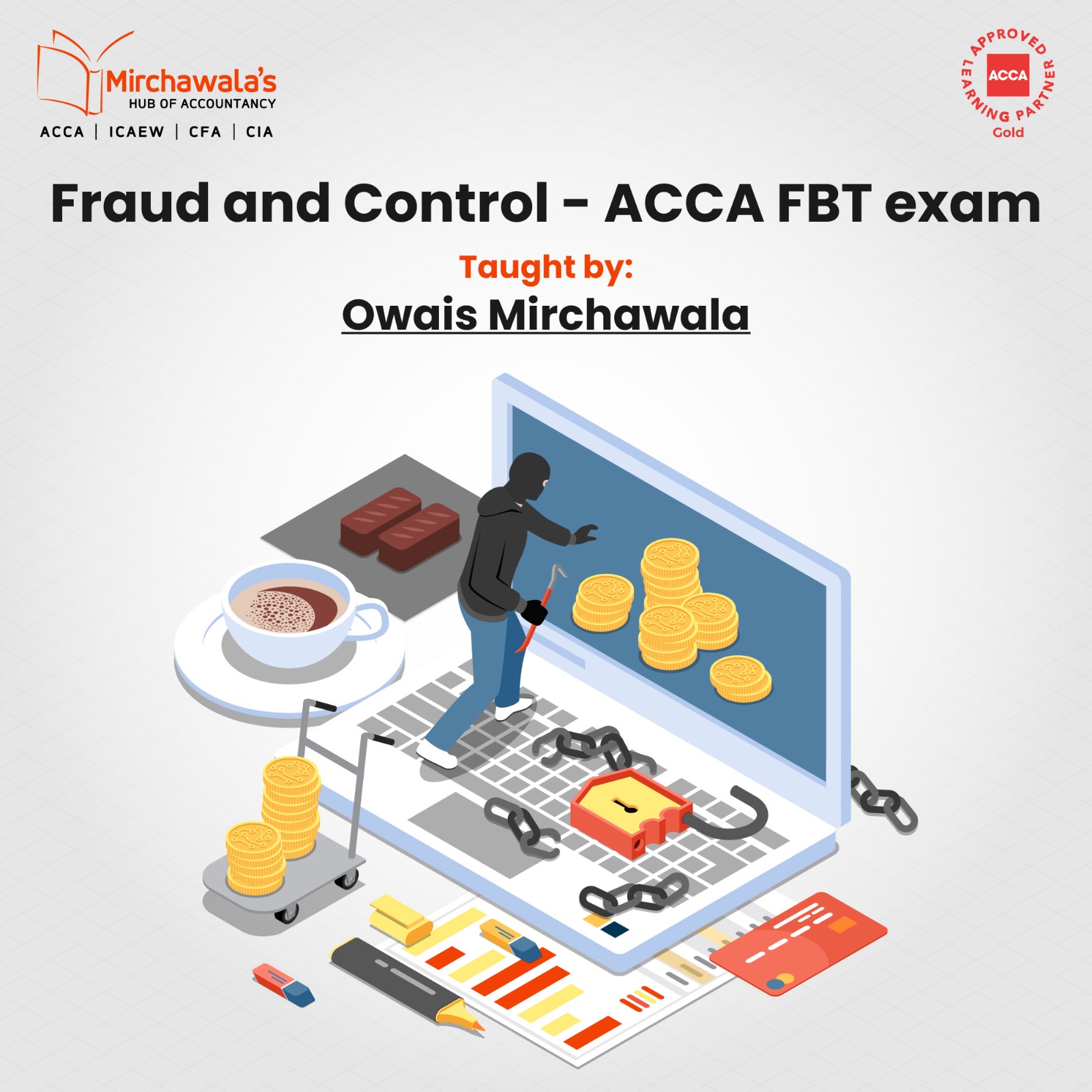
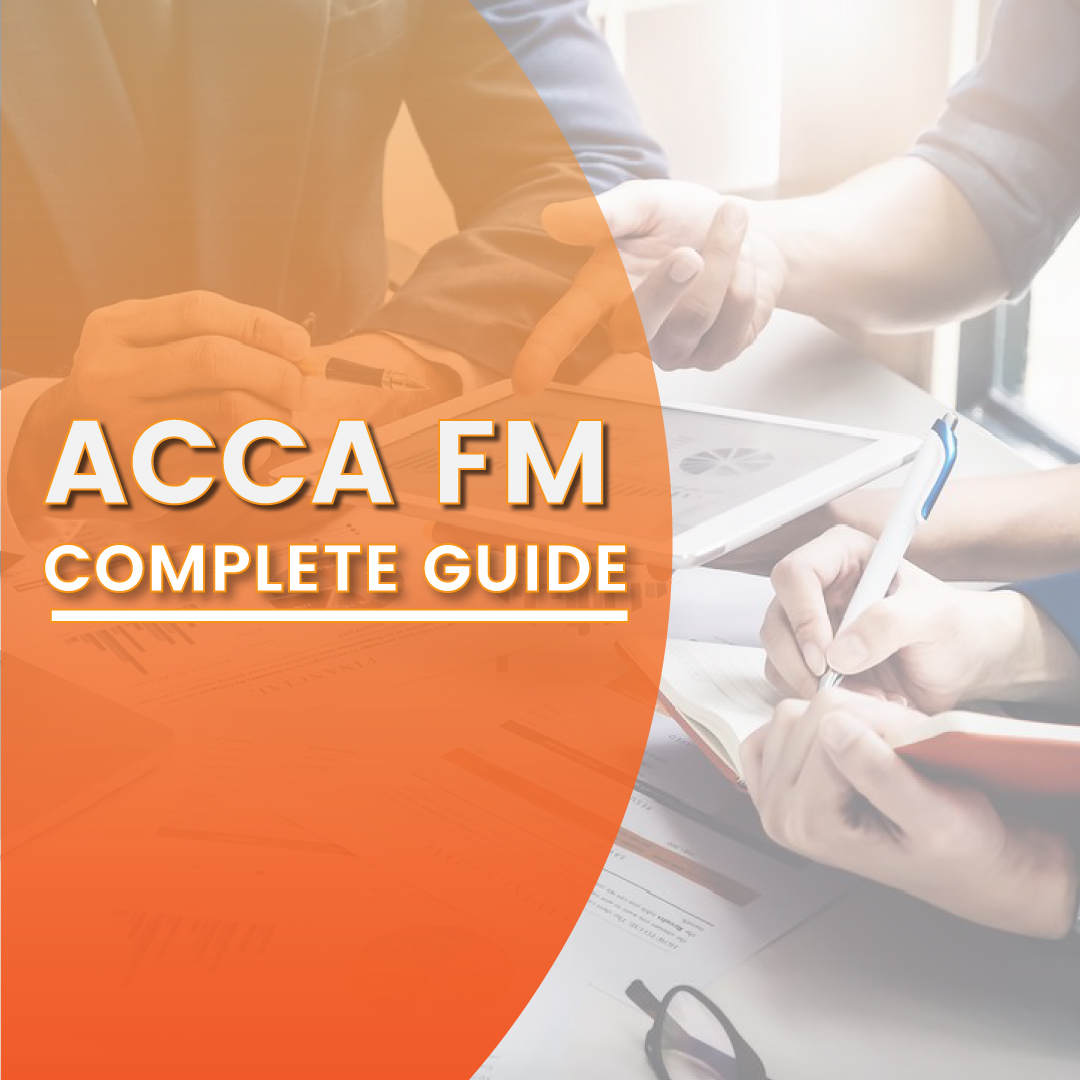
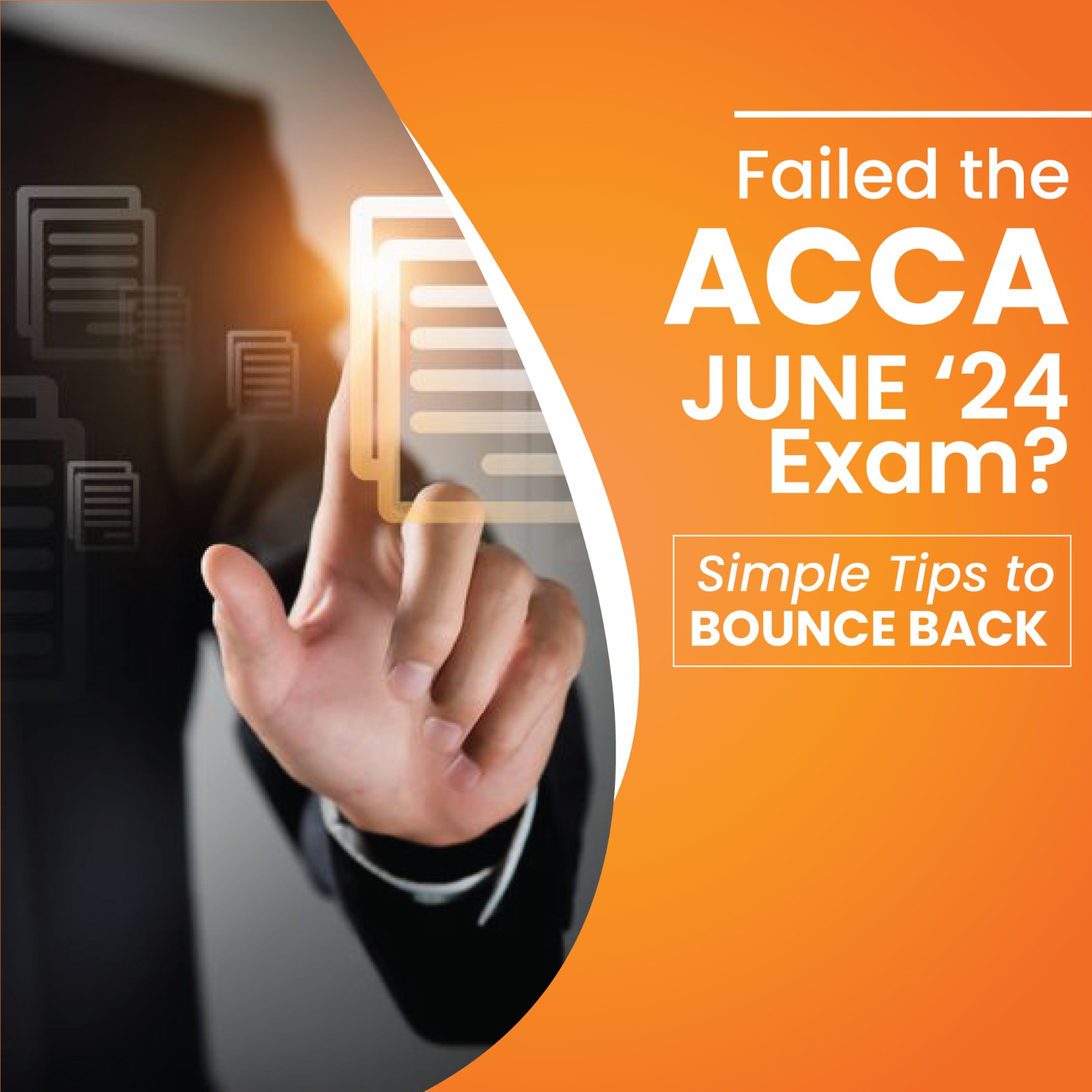







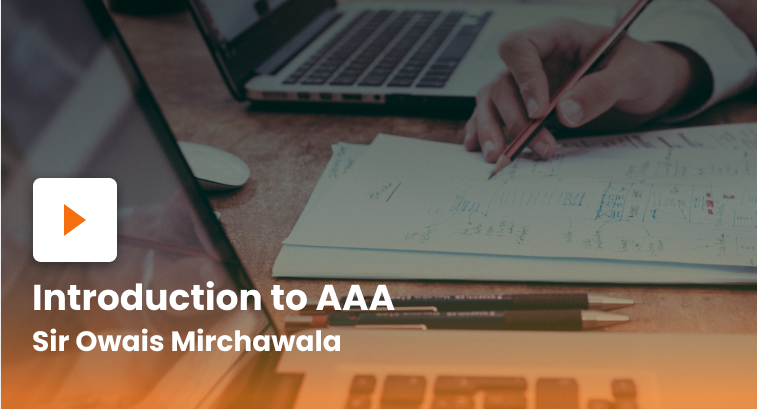
[…] Money laundering as the word itself says, is the Read more September 11, […]
[…] Money laundering as the word itself says, is the Read more September 11, […]
[…] Money laundering as the word itself says, is the Read more September 11, […]
Comments are closed.